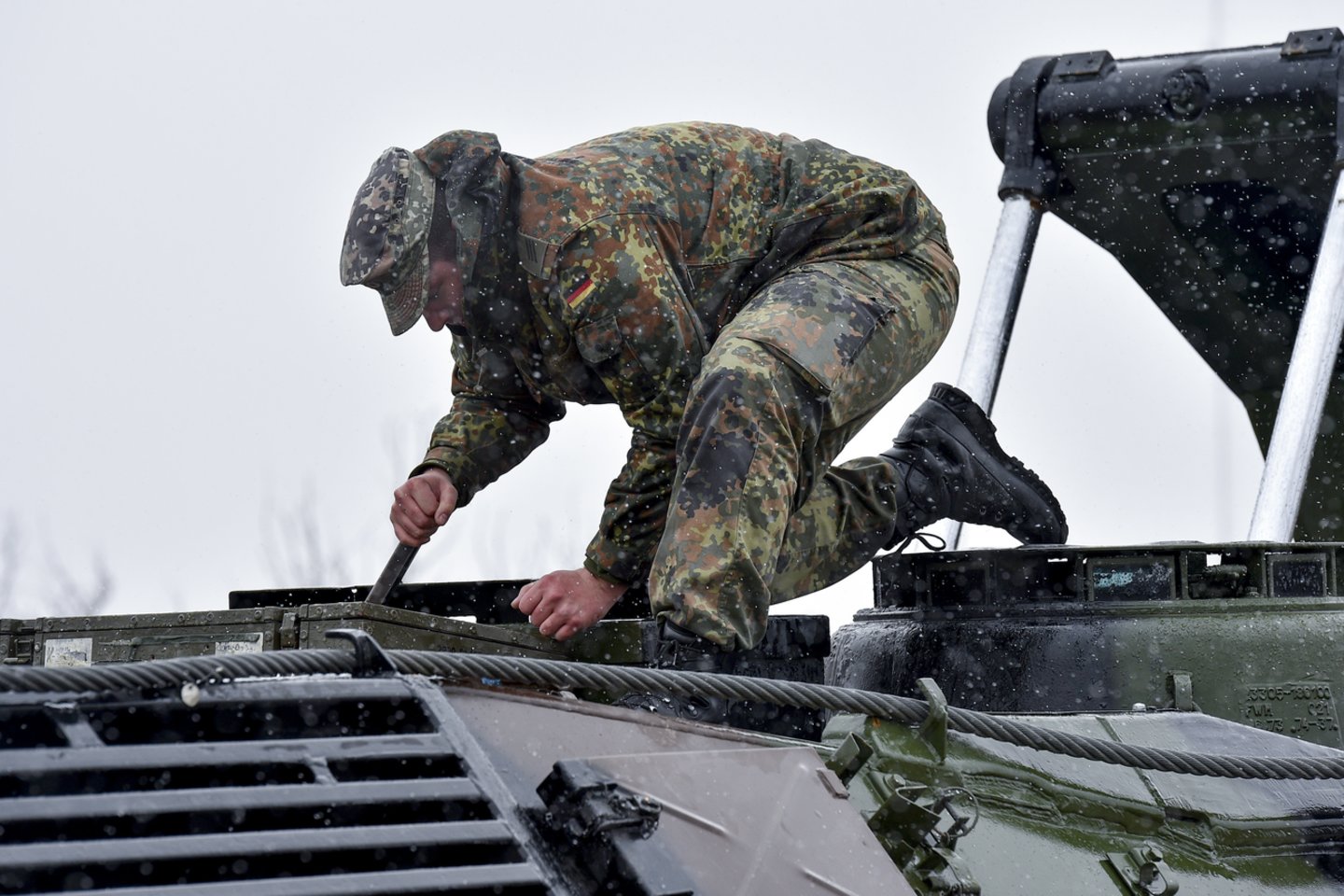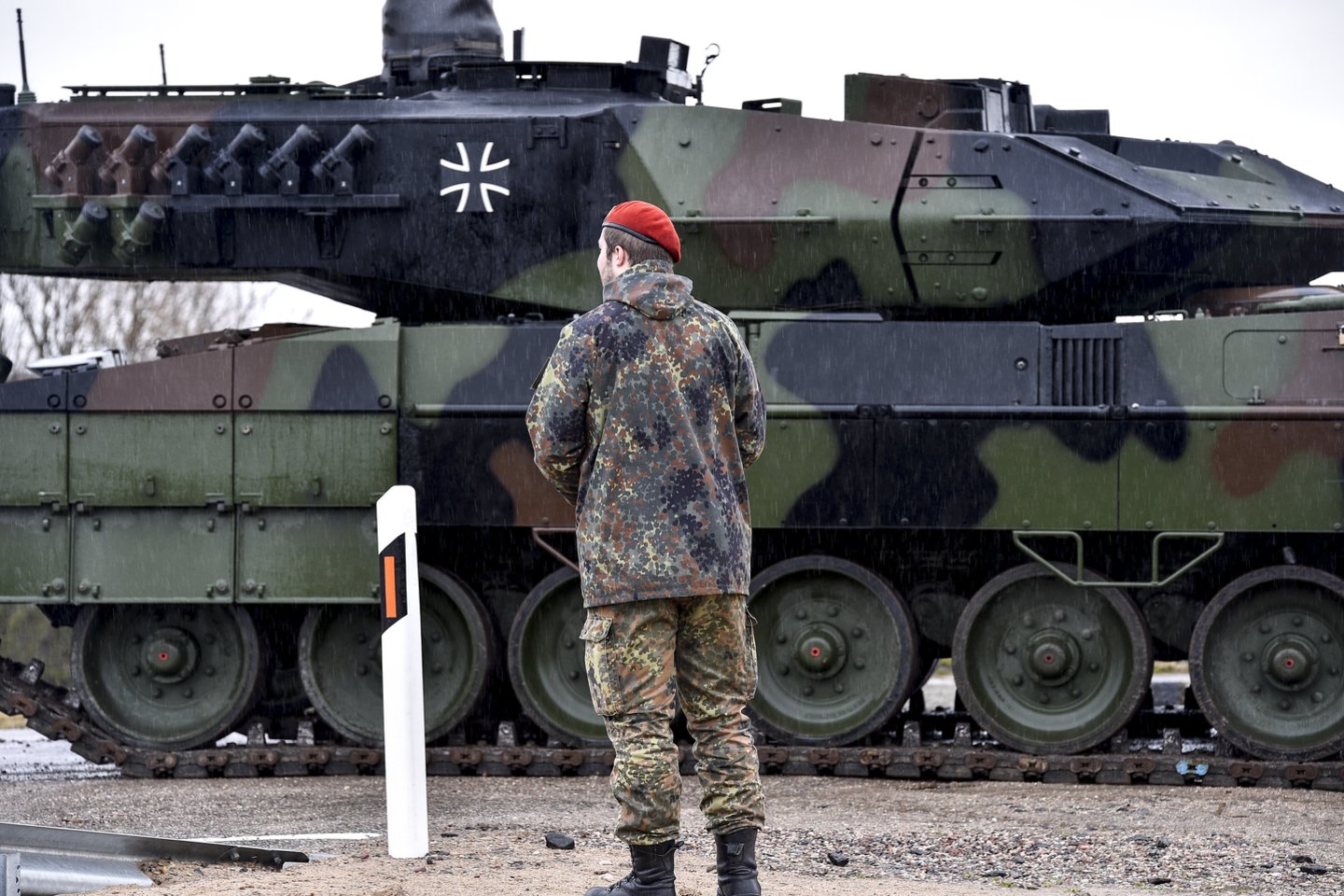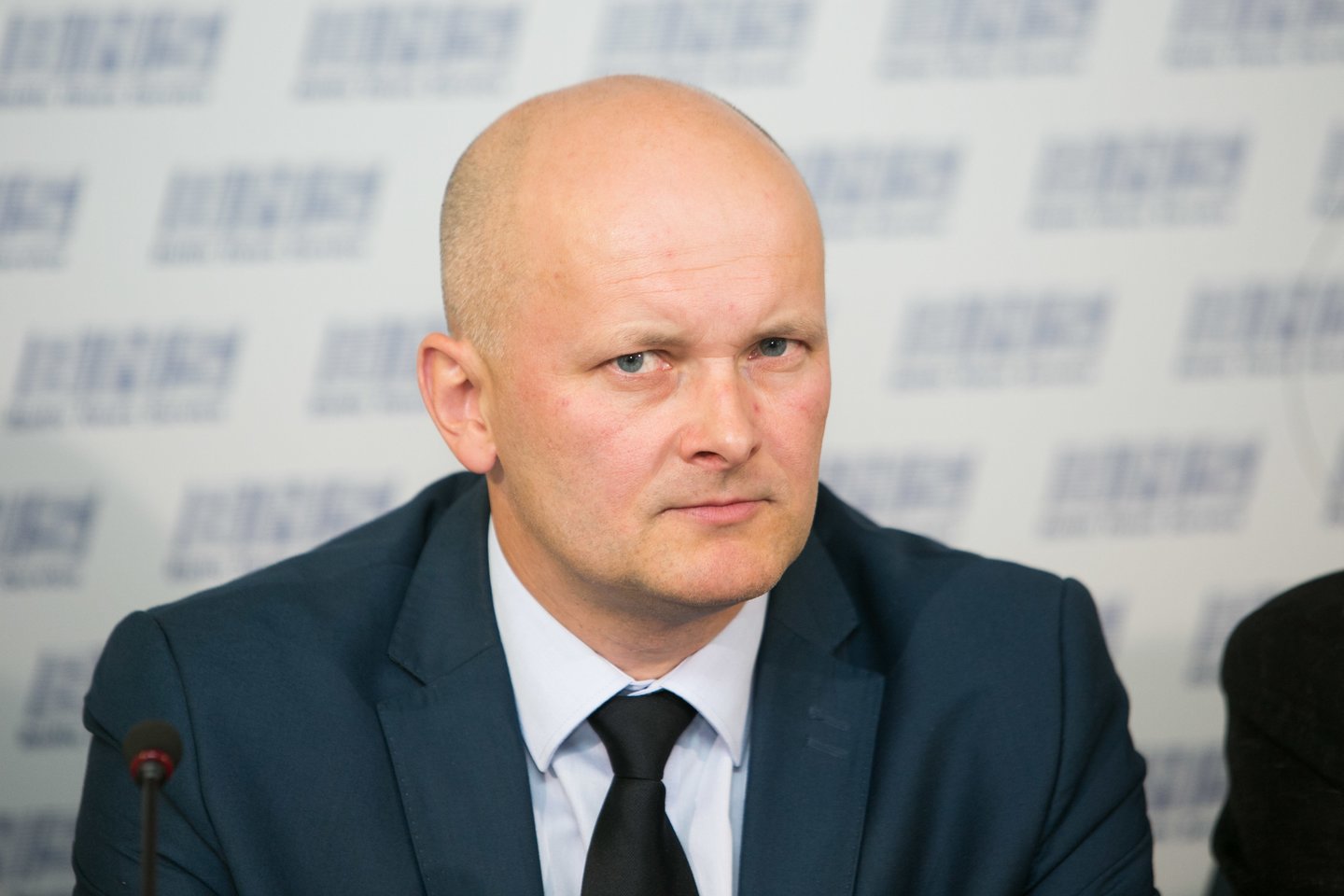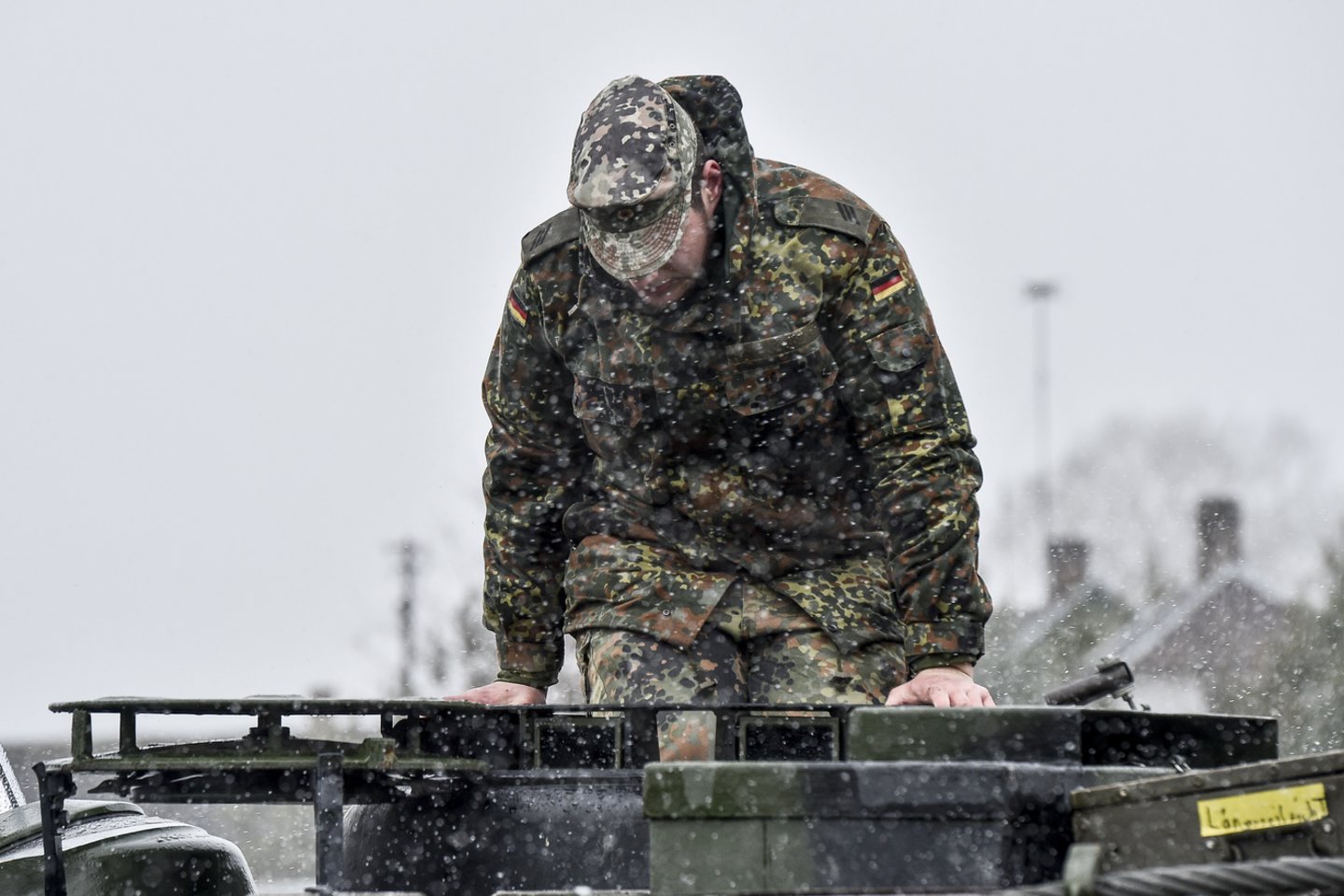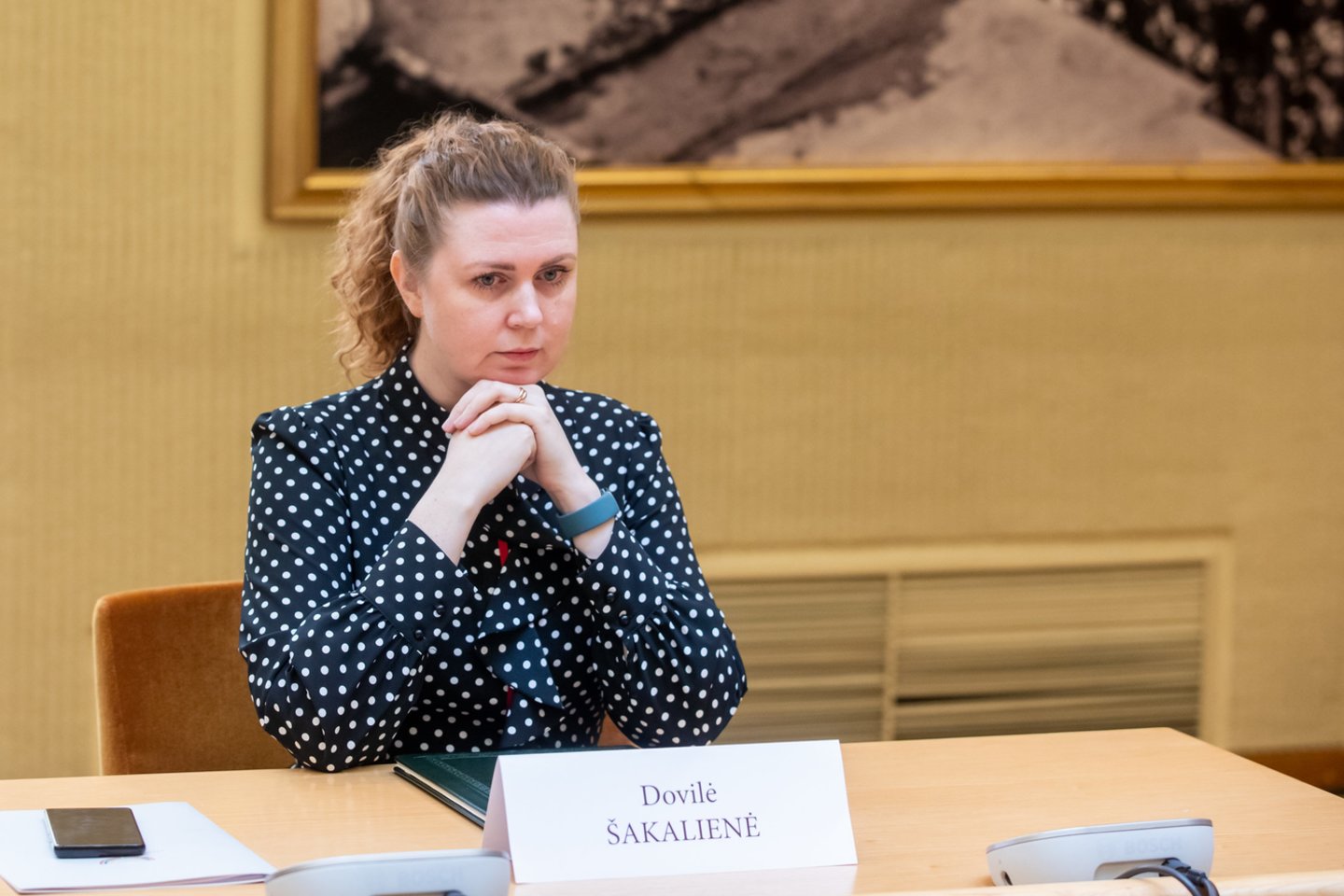There are many questions of concern
Retired Colonel Vaidotas Malinionis stressed on the „Lietuvos rytas“ TV programme that there is good news about the German brigade, but there are more worrying questions.
„The good news is that the German military's promise is just as it is. Our army commander has identified that this brigade has reached full operational capability. There is no reason not to believe it,“ the retired Colonel said.
Malinionis explained that full operational capability means that the German brigade will be deployed in Lithuania within 10 days of receiving the signal and will start carrying out tasks.
„I see a certain danger here – the speed of political decision-making and the political decisions of the German government itself. There are more signs and hesitations. The credit of trust is not given to the German politicians today“, he said.
Malinionis pointed out that a large part of the German public does not support the idea of helping close neighbours in the event of a military threat. The expert notes the danger that in a democracy, in the event of a military threat, politicians could take such public opinion into account.
Alternatives should not be considered
Dovilė Šakalienė, a Social Democrat member of the Seimas Committee on National Security and Defence (NSDK), acknowledged that there are always political risks but stressed Lithuania's positive experience with Germany and the fact that this country has always kept its commitments to Lithuania.
„In a democracy, public opinion is very important, but that's why we see that certain political decisions in Germany were taken perhaps a little slower than we would have liked, but after they were taken, nobody turned away from them and changed their minds,“ she said during the programme.
Šakalienė recalled that as recently as last year, Germany had a political and legal framework not to provide arms to war or conflict zones. Still, today Germany is among the top five countries regarding arms supplies to Ukraine.
„They have changed their stance so much, and they have been consistent since they changed it, even though it costs them a lot. The new German Defence Minister has said it straight – that the Bundeswehr is in such a bad situation that we might not even want to know in detail how bad it is. And the sixteen years of Christian Democrat rule have been very costly for them“, said the Social Democrat.
Šakalienė believes that Lithuania should not give the impression that new allies are being considered an alternative to Germany in the public sphere.
A fundamental question
At the same time, Malinionis agreed that alternatives to Germany should not be discussed, but assessing the risks and answering the fundamental question is necessary.
According to him, it is necessary to assess the political environment in Germany – that the current German government seems to be on a path of delay and procrastination.
According to Malinionis, in the absence of a stationed German brigade in Lithuania, the key question at the moment is on what criteria and how long it would take for the German brigade to actually be sent to Lithuania if Lithuania expressed such a need.
„The concern is, how long will it take to reach an agreement (in Germany – author's note) if, for example, the Lithuanian state decides that it is already necessary to deploy a brigade, that the danger is already critical?
How will the decision be taken in Germany? Maybe it will be said that 'it only looks like that to you Lithuanians, it's not a big deal yet, the Russians are not going to do anything, we are still thinking about it'. The speed of the decision, without a brigade stationed on the territory of Lithuania, is critical, and this is the main thing that needs to be taken into account – how the decision will be taken and on what criteria“, Malinionis stressed.
According to him, these criteria should be agreed upon by a bilateral agreement between Lithuania and Germany, not by Germany hiding behind NATO's back.
